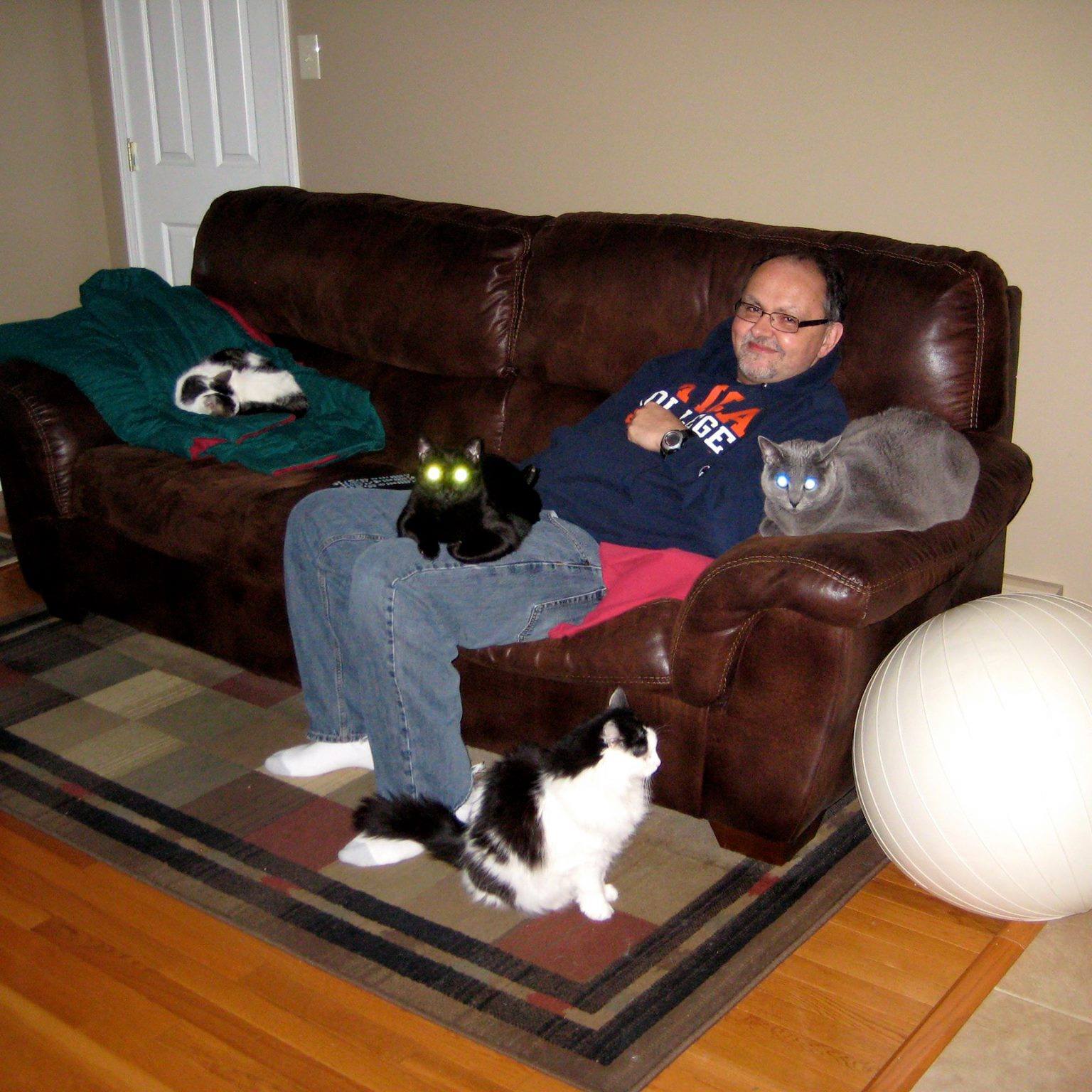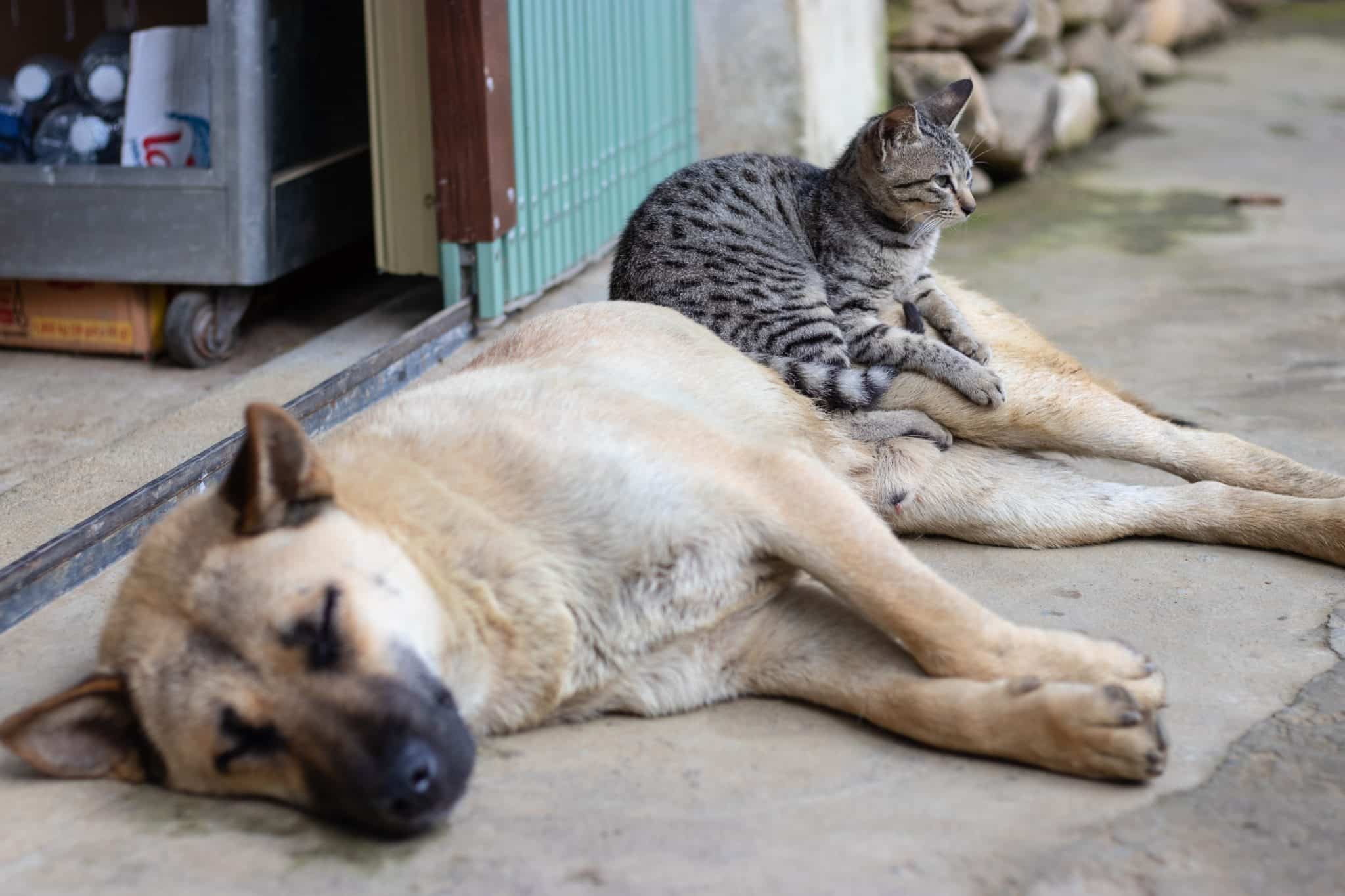Photo by Ancaro Project on Unsplash
For the most part, we are a society that is uncomfortable talking about death. From my perception, any discussion about death and the emotions of grief afterward tend to interfere with society’s expectations that the quest for happiness and productivity is what truly matters. For a society that is generally uneasy about discussing death, we are in many ways fascinated by it, as evidenced in part, by the number of television shows and movies that we view that deal with death-related themes. (The Fault in Our Stars and Law and Order are two that immediately come to mind).
Despite our overall reticence to discuss this topic, we confront it repeatedly as pet owners. I have had multiple pets in my life, dogs, and more recently, cats, and have visibly mourned the deaths of six that I can remember.
Why do we repeatedly purchase or adopt pets, knowing that in most cases they will die before we do? Why would we knowingly dance with the pain of grief, over and over again? Here are some observations that I’d like to share:
Unlike Human Relationships, There is No Baggage From The Past to Work Through
“If you have a dog, you will most likely outlive it; to get a dog is to open yourself to profound joy and prospectively, to equally profound sadness”- Marjorie Garber
Ms. Garber’s quote reveals some of what I believe motivates us to own pets multiple times in our lives, despite the intense sadness that follows after their deaths. The profound joy that we receive from our four-legged friends outweighs the inevitable pain we know that we will experience when they transition into a new life. Our pets also represent true unconditional love. They don’t shy away from us if we had a bad day at work, failed miserably on a college exam, or experienced a relationship breakup. They love us totally and completely, with no conditions attached to their love for us. Because of that, we learn to love them with every fiber of our being. We strive for unconditional love in our human relationships, but there are challenges that must be overcome before we can attain even an approximation of it. We come into any relationship carrying the baggage from our childhood, past relationships, and our self-imposed baggage based on our experiences with setbacks.
Developing a relationship with another person based on mutual respect and love means knowing which baggage to leave behind, and which baggage to work through, both separately and together.
Certainly, animals who have been abused and rescued by a compassionate pet owner may be initially skittish and tentative based on past experience. However, once they sense that they can trust and feel safe, pleasing and loving their owners in the present becomes their sole mission during their time on earth.
We Are Really Not That Different
As I prepare my thoughts for this section, my black cat Zoey is sitting on my desk, casting a watchful eye over my work. I think she may have a vested interest in the content, or she may just want some attention, which I will willingly give her.
One of the things that I believe makes humans not so different from our pets is that most humans respond positively to kindness. Our animals can’t talk or understand the meaning of our words, but they understand our gentle and loving tone of voice. They reciprocate with a gentle nuzzle of the chin or a lick of the hand. We and our pets understand the healing power of genuine, heartfelt communication.
We also share much of the same DNA as our four-legged friends. One research study revealed that we share 90% of our DNA with cats. Another article reveals that we share 84% of our DNA with dogs. Perhaps that is why pet owners attribute human qualities to our animals or go so far as to dress them up for holidays. Our common DNA makes our pets truly one with our nuclear and extended families.
If We are Multiple Pet Owners, Much can be Revealed about After-Death Communication Through our Surviving Animals

Until 2016, I was living under the same roof with four amazing cats. Their names are Bootsy, Angel, Zoey, and Nitske. Bootsy and Angel died within three months of each other in 2016, during their twenty-first and nineteenth years of life respectively. Zoey and Nitske are still with us and provide me and my wife Cheri with many moments of joy. Bootsy was of particular comfort to me following the death of my eighteen-year-old daughter, Jeannine, in March of 2003. He became my shadow and motivated me to keep moving forward when I did not want to move at all.
Bootsy had some particular behaviors that he exhibited in response to my wife and me. If Cheri or I got up from the couch, Bootsy would immediately take our spot. When we returned, we would first have to pet him. If he didn’t move immediately after receiving affection, we would have to physically move him. (I believe that any physical contact he received from us was rewarding ) When we ate, Bootsy would have to eat as well.
Zoey continues to mimic Bootsy’s behaviors. Of course, they lived under the same roof for two years, so Zoey had plenty of time to observe Bootsy’s mannerisms. Another explanation is that a part of Bootsy may be living on in Zoey and through Zoey, Bootsy is making his eternal presence known to Cheri and me. Bootsy continues to live on in another form.
I also believe that our deceased loved ones make their eternal presence known to us and that they live on in another form. It is possible then, that both our pets and members of the human race teach us an important fact about death:
“Relationships do not die, they are, in fact, eternal”

